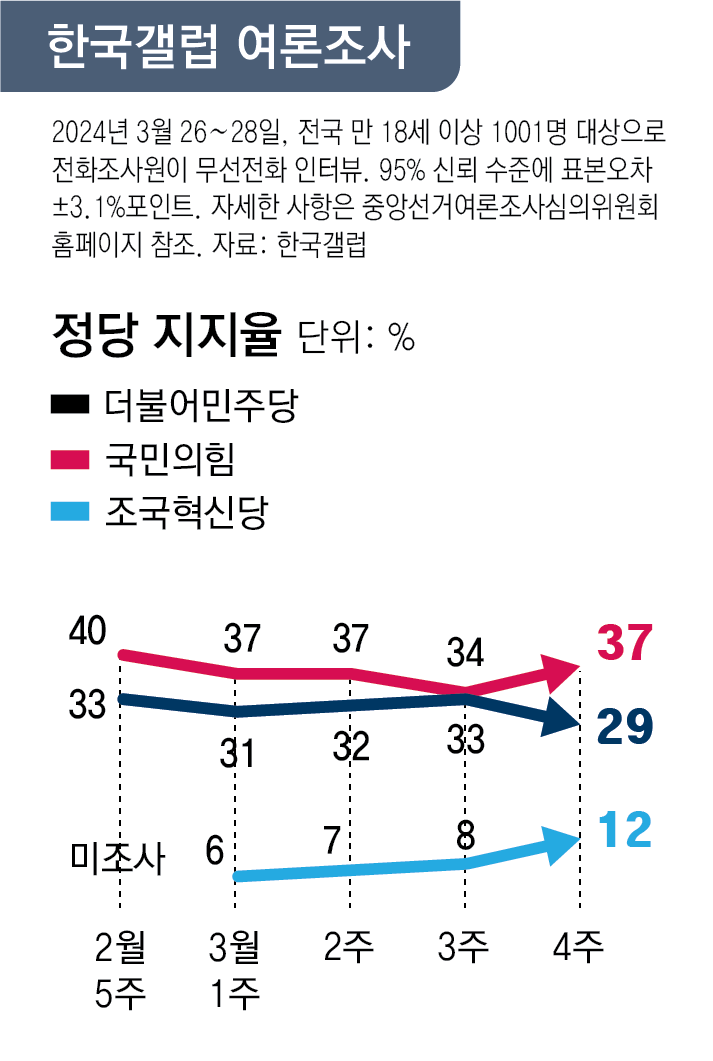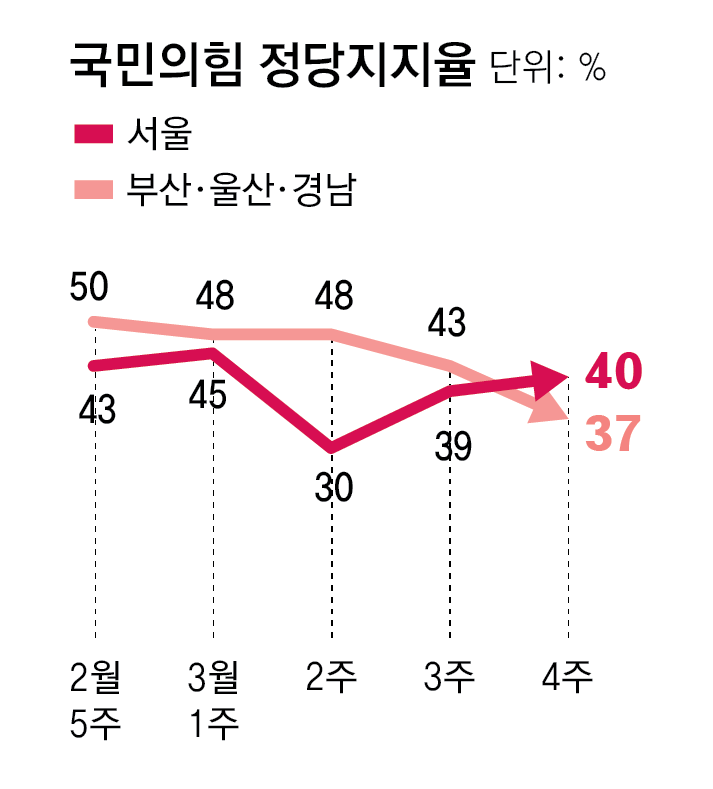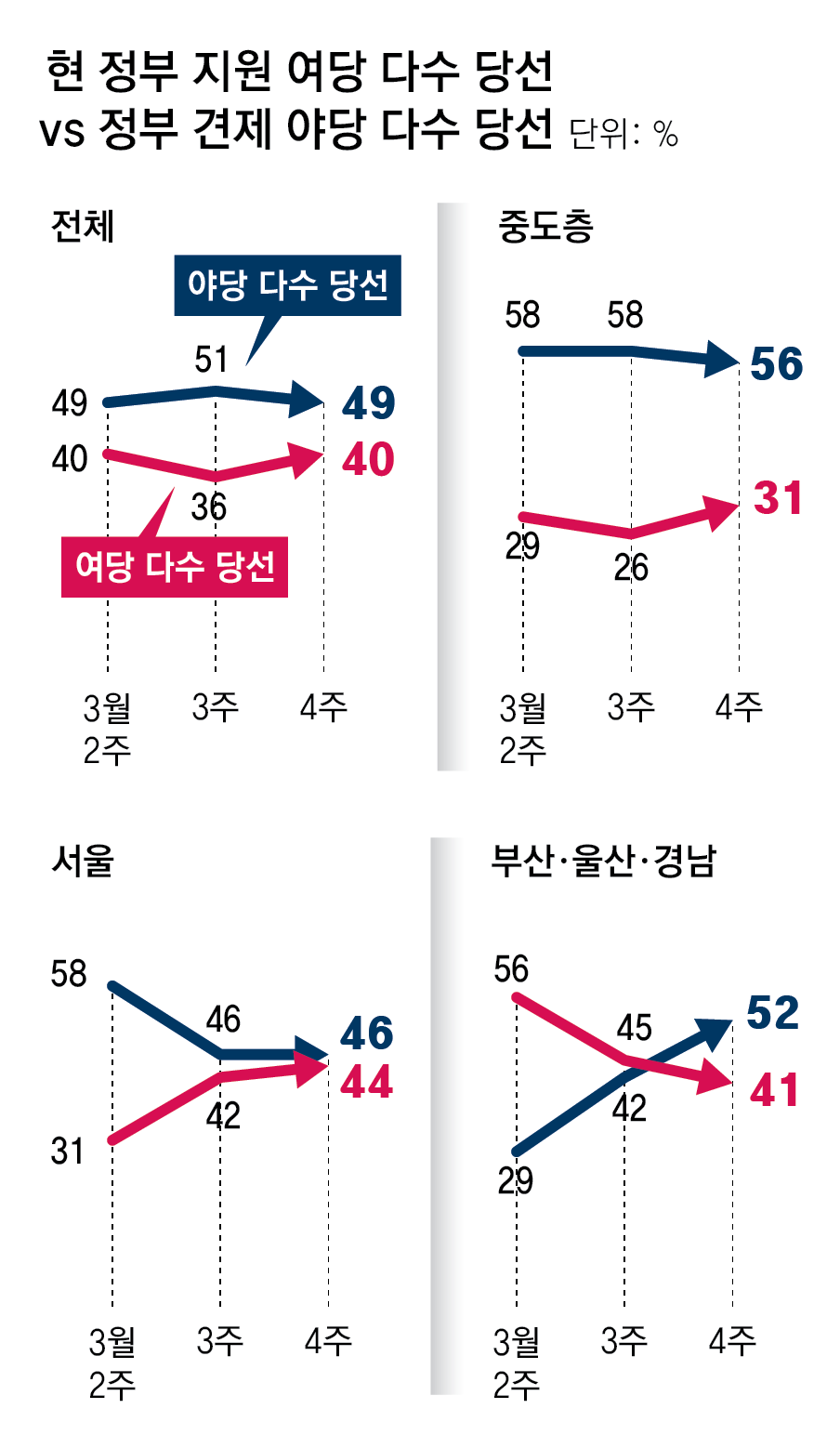Candidates: “Lee Jong-seop resigns, it’s too late… “A turnaround is unknown, including in the metropolitan area.”

7 days before early voting, Lee Jong-seop resigns
Yu accepts resignation 25 days after appointment as ambassador
Take a step back due to the sense of crisis caused by the crushing defeat in the general election.
On the morning of the 29th, 7 days before the start of advance voting for the April 10 general election, Ambassador Lee Jong-seop (pictured), who is under investigation by the High-ranking Public Officials Crime Investigation Agency (CIA) on suspicion of external pressure in the accidental death of Marine Corps Corporal Chae-mo, suddenly resigned. It has been 25 days since he was appointed ambassador and 8 days since he returned from Australia. President Yoon Seok-yeol approved the dismissal of Ambassador Lee this afternoon. President Yoon has been adamant that there were “no legal or procedural problems” in the appointment process of former Ambassador Lee, but as the ruling party’s recent crushing defeat in the general election boiled over, he is understood to have backed down ahead of the first weekend’s official election campaign. However, within the party, the reaction was “Mansijitan”.
People Power Party Emergency Response Committee Chairman Han Dong-hoon announced at a campaign rally in Pyeongtaek, Gyeonggi Province in the afternoon that he had proposed former Ambassador Lee’s resignation to the President’s Office. He continued, “He has not lived his life without paying attention to others. “I lived as I wanted,” he said.
A ruling party official said, “Regardless of whether it is true or not, President Yoon accepted the demand that former Ambassador Lee step down from public office and respond to the investigation because it is in line with the public’s expectations.” However, the ruling party’s general election candidates pointed out, “It’s like they’ve finally been pushed around.” Ahn Cheol-soo, co-chairman of the election campaign committee, said in a phone call, “I should have decided a long time ago. “Mansijitan,” he said. A Seoul-area candidate also said, “The resentment toward President Yoon for confronting the people is growing as much as possible, so even if we talk about ‘Lee-Joe (Lee Jae-myung-Cho Kuk) judgment,’ it doesn’t work.” At a campaign rally on this day, Chairman Han appealed, “If the pan-opposition party exceeds 200 seats, as Representative Lee and Representative Cho said, they will take steps to remove freedom from liberal democracy, which is the essence of the Constitution.”
The ruling party candidates also requested the President’s Office to resolve the legislative conflict surrounding the increase in medical schools by 2,000 students. Rep. Kwon Young-se (Yongsan, Seoul), a member of the pro-Yoon (pro-Yoon Seok-yeol) faction, said, “It is necessary to show flexibility (on the 2,000-member issue).” According to a public opinion poll released by Gallup Korea on this day, among moderates, the response was ‘A majority of opposition party candidates should be elected to keep the current government in check’ (56%), while the response was ‘A majority of ruling party candidates should be elected to support the current government’ (31%). ) was 25 percentage points higher than the ratio (for details, refer to the National Election Opinion Survey Deliberation Committee).
[총선 D―11]Lee Jong-seop resigns 7 days before early voting“We avoided the worst with Lee’s resignation, but it’s still not enough”… Some “Change in attitude towards communication – Apology needed”
Seoul “Government checks” 46% “Government support” 44%… 52% of Seoul Metropolitan Government’s ‘check’… 10%P↑ in 1 week

“late. “It is better than holding on, but it is still unclear how much of an impact it will have on the situation.” (People Power Party candidate for the metropolitan area)
When Ambassador Lee Jong-seop to Australia resigned on the 29th, the People Power Party candidates welcomed it but pointed out that it was a “belated decision.” An incumbent lawmaker running in the metropolitan area said, “Although one of the Democratic Party’s targets has disappeared, it is a question mark whether a turnaround can be expected.”
The reason why the ruling party candidates are calling for a ‘general election crisis’ despite former Ambassador Lee’s resignation is because the public opinion of ‘regime checks’ is still dominant with a week of advance voting and 10 days before the main vote. In a survey released by Gallup Korea on the 29th, 49% of respondents said, “Many opposition party candidates should be elected,” while 40% responded, “Many ruling party candidates should be elected to support the current government,” a 9 percentage point gap. The ruling party’s perception is that “the gap has decreased from 15 percentage points the previous week, and although Ambassador Lee’s resignation has provided an opportunity for a rebound in public opinion, it is still not enough to dramatically reverse the unfavorable situation.” Emergency Response Committee Chairman Han Dong-hoon said on this day, “We are well aware of our shortcomings. “There are quite a few things that have disappointed me,” he said. “Even though I know it is shameless, I bow my head and appeal to the people. “Please trust us just one more time.”
● “We had the upper hand in many places, but ended up being inferior.”

A key official of the party’s election committee said in a phone call with the Dong-A Ilbo, “We have requested the resignation of former Ambassador Lee from the President’s Office from the beginning.” Some candidates raised their voices and said, “Former Ambassador Lee must resign,” and “The President’s Office must terminate the alliance.” Demands for resignation within the ruling party were continuously conveyed to President Yoon Seok-yeol and the President’s Office staff. An official from the ruling party said, “The President’s Office made a political decision after listening to the sense of crisis and voices within the ruling party ahead of the general election.” It is reported that President Yoon, who had been negative about former Ambassador Lee’s resignation, saying “there are no legal problems,” turned around and was the result of hearing from his staff that the ruling party’s sense of crisis was serious.
Candidate Na Kyung-won (Seoul Dongjak-eul), chairman of the ruling party’s campaign committee, said, “It’s late, but fortunate.” Former Ambassador Lee’s resignation the day after the official election campaign is interpreted to be based on the ruling party’s judgment that the controversy must be resolved before the first weekend campaign after the official election campaign begins in order to appeal to moderate voters. Jang Dong-hyuk, Secretary General of the People Power Party, mentioned the analysis of the general election situation for the first time in a briefing on this day and said, “We completed the survey in 170 out of 254 constituencies, and there are several places where we were either competitive or dominant, but turned out to be inferior.” An official from the election committee explained, “Recently, areas that are sensitive to political trends, such as the metropolitan area, have fallen more than other areas.”
● “The image of lack of cooperation between the two countries must be erased to turn the situation around.”

Inside the ruling party, in a Gallup Korea survey conducted on the 26th to 28th after Chairman Han announced the plan to “completely relocate the National Assembly to Sejong City,” the approval rating for the People Power Party in Daejeon, Sejong, and Chungcheong increased by 15 percentage points compared to the previous week. The ambassador’s resignation is also seen as a factor that can lead to a rebound in public opinion. However, the ruling party candidates expressed concern, saying, “We have avoided the worst situation, but it is still not enough to completely change public sentiment once it has been shaken.”
According to the results of a survey conducted by Gallup Korea on 1,001 people aged 18 or older across the country, the People Power Party’s approval rating was 37%, up 3 percentage points from the previous week. However, it falls below the opposition approval rating of the Democratic Party (29%) and the Fatherland Innovation Party (12%) combined.
The change in public sentiment in the Busan, Ulsan, and Gyeongnam regions appears to be unusual. In the Buul-Gyeong region, 52% of respondents said that many opposition party candidates should be elected to keep the government in check, up 10 percentage points from 42% the previous week. The percentage that said a large number of ruling party candidates must be elected in order to support the government decreased by 4 percentage points from 45% to 41% over the same period. Public sentiment in Seoul, the biggest battleground, was still higher in favor of government checks (46%) than in favor of government support (44%). The opinion of the moderates, who will influence the general election vote, to keep the government in check was also 56% (interview conducted by a telephone pollster via wireless phone. Sampling error ±3.1% points at 95% confidence level. For details, refer to the website of the National Election Opinion Survey Deliberation Committee).
Some in the party are saying, “If we want to win the general election, we need a change in President Yoon’s ‘non-communication’ attitude or an apology.” A candidate running in Seoul said, “The current general election is a ‘nationwide by-election for the mayor of Gangseo-gu, Seoul.’” He added, “If the party collapses after the election, who will defend the president’s claims?”
Reporter Shin Na-ri [email protected]Reporter Jeon Joo-young [email protected]Reporter Choi Hye-ryeong [email protected]















